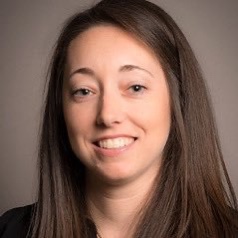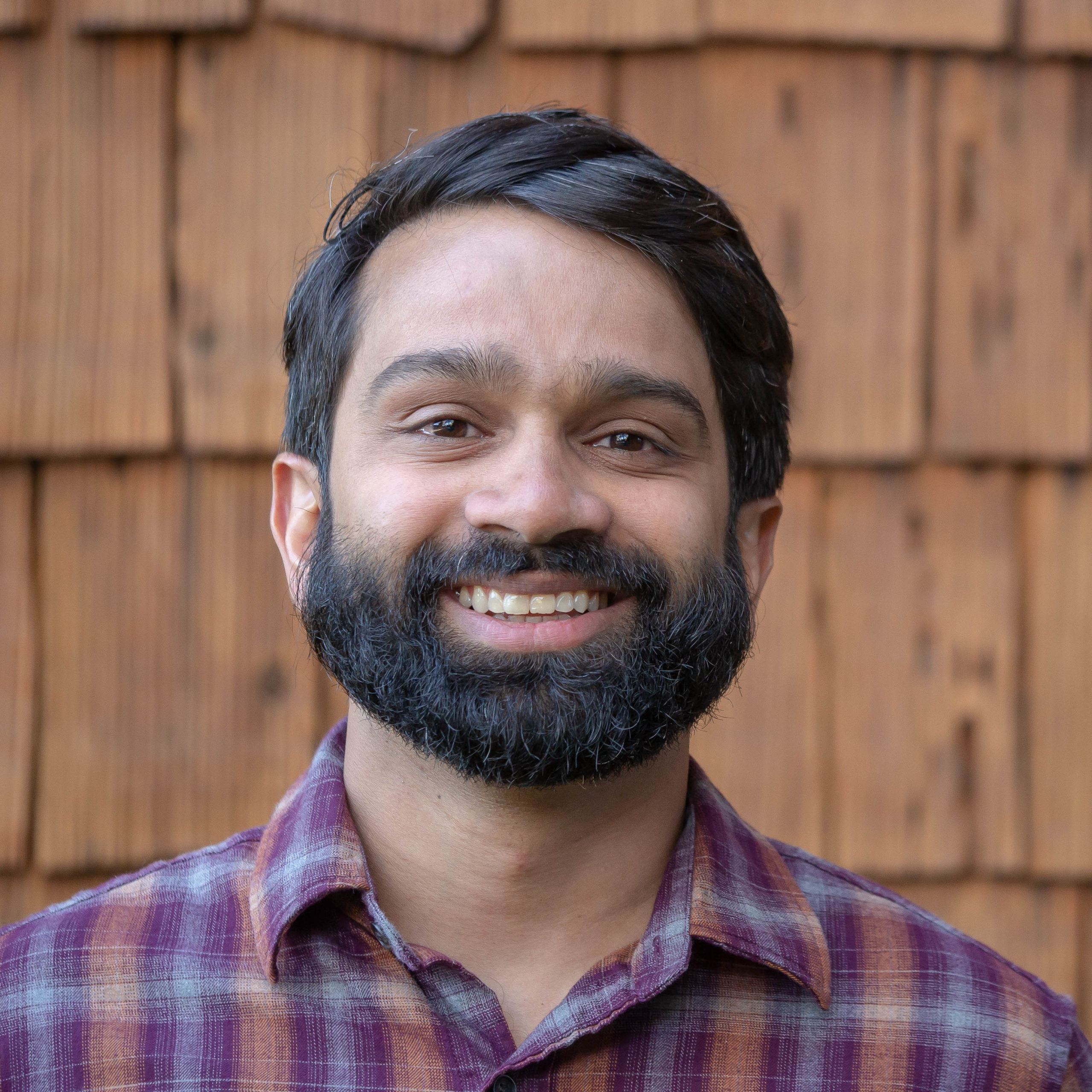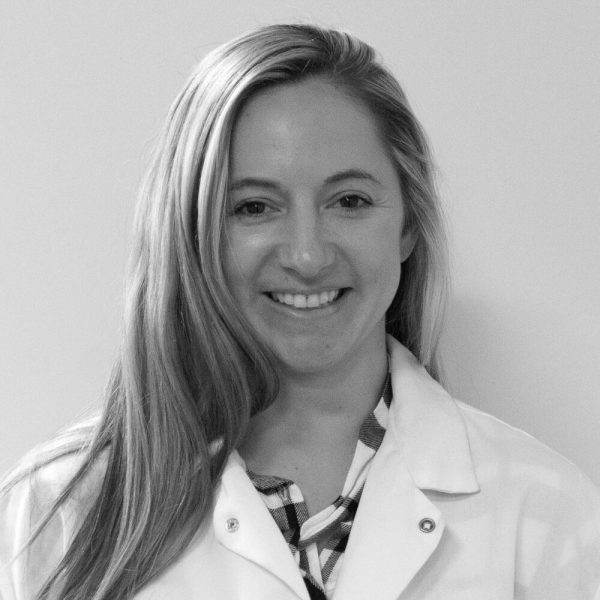Biomedical Research / Scientific Community
Featured Investigators
We’re proud to provide a platform for researchers across the world to explore topics within and adjacent to the single ventricle field. This series specifically highlights the work of early career investigators that are moving the needle in the single ventricle research landscape.
Casey Gifford, PhD

Dr. Casey Gifford is an Assistant Professor in the Departments of Pediatrics and Genetics at Stanford University, and a member of the Stanford Medicine BASE Initiative in the Betty Irene Moore Children’s Heart Center at Lucille Packard Children’s Hospital. Prior to joining Stanford, she was an HHMI fellow of the Damon Runyon Cancer Research Foundation at the Gladstone Institutes and UCSF in the lab of Dr. Deepak Srivastava. While at the Gladstone Institutes, she employed recent advances in gene editing and gene expression technologies to study cardiovascular development and disease. Dr. Gifford earned her PhD from Harvard University and the Broad Institute where she studied the epigenomic mechanisms that underlie pluripotent stem cell differentiation in the lab of Dr. Alex Meissner.
Research in the Gifford Lab is focused on defining the complex genetic and molecular mechanisms associated with congenital heart disease using both rodent and stem cell experimental models. Ultimately, Dr. Gifford hopes to make personalized medicine a reality for those that suffer from cardiovascular anomalies.
Article published April 18, 2022
How did you enter your field? What inspired you to start your journey/career in cardiovascular research and to include single ventricle as a focus?
During my PhD in Alex Meissner’s lab at Harvard/Broad, I studied how epigenomic remodeling contributes to cell fate decisions during embryonic development using human embryonic stem cells as a model. Towards the end of my tenure in his lab, as I was thinking about the next step, I came to appreciate that the epigenome is basically a shadow cast by transcription factors and chromatin remodeling proteins, and that mutations in these classes of proteins are associated with two diseases that develop during embryonic development: congenital heart disease and neurodevelopmental delay. Given that I was already in the stem cell field, I was aware of Deepak Srivastava’s work in the heart development and CHD space. But it wasn’t until my postdoc interview in his lab that I really started to appreciate how little we knew about the genetics of CHD, and that mutations in the genes that code for transcription factors and chromatin remodelers that we believe are sufficient for disease are quite rare. The realization of how much there was to learn was enough to get me to his lab. But it wasn’t until my first week in his lab when he took me on rounds at UCSF, where I met patients fighting to get better, and their parents doing everything they could to support them, that my interest in CHD morphed into a devotion.
When thinking about the direction for my independent lab, I was drawn to single ventricle disease because of how little we know about the genetics of the disease and the underlying biology. It seems to be the definition of complex, involving multiple cell types and loci, and I’m super keen to dissect these mechanisms. I’m also intrigued by the connection with phenotypes in the neurodevelopmental delay sphere. If we study both developmental systems, can we provide further evidence for the genetic link? And ultimately, can we provide genetic screening approaches that help with diagnosis and outcomes of both diseases?
What motivates you to do what you do?
The guilt that parents can feel when their child is diagnosed with CHD is what motivates me. Because we usually can’t tell parents why their child has this diagnosis, they too often believe it’s their fault. The idea that I could relieve even just a small amount of guilt by studying basic mechanisms that govern heart development is what keeps me going.
Based on your experience, what are some gaps in the field we have yet to fill as a community?
We need to spend more time and energy on whole genome sequencing. Every individual diagnosed with CHD, and their parents and their siblings should all be sequenced. In the absence of a government that will support this, it will need to come from private foundations and philanthropic gifts. But given the heritability of this disease, I absolutely believe this information is critical. We may not have all the knowledge today to understand every perturbation in every genome, but someday soon, we will. So let’s prepare for that day.
What’s the one thing you wish people knew about this disease?
Long-term neurodevelopmental outcomes in patients with CHD. Being diagnosed with a single ventricle defect in particular puts someone at a very high risk for autism and ADHD, just to name a few. Recent evidence has found a genetic link, but we still don’t understand enough about the underlying reason for this connection. If it is truly genetic and we could pinpoint the genetic lesion(s), we might be able predict at an early age those that will experience neurodevelopmental delay. This would promote early intervention and much improved prognoses for many patients.
As an early career investigator, how do you see collaboration between communities (researchers, clinicians, patients/families) evolving over the years?
I would love to see more interaction between clinicians and researchers. I feel fortunate to be a member of the BASE Initiative at Stanford whose goal is to foster connections and collaborations between these communities. It’s incredibly helpful for trainees in my lab to hear directly from clinicians about the problems they face when diagnosing and treating patients. This allows us to identify and pursue experimental avenues that will be impactful for patients and exciting from a molecular and/or genetics perspective. But I feel this type of program is unique. I hope going forward, more institutions realize the value of getting basic scientists in a room with clinicians because that’s the only way we’re going to make progress towards finding more effective treatments and eventually cures for those diagnosed with CHD.
What advice do you have for other early career investigators looking to get into this space?
No advice. Just do it. We need your help.


